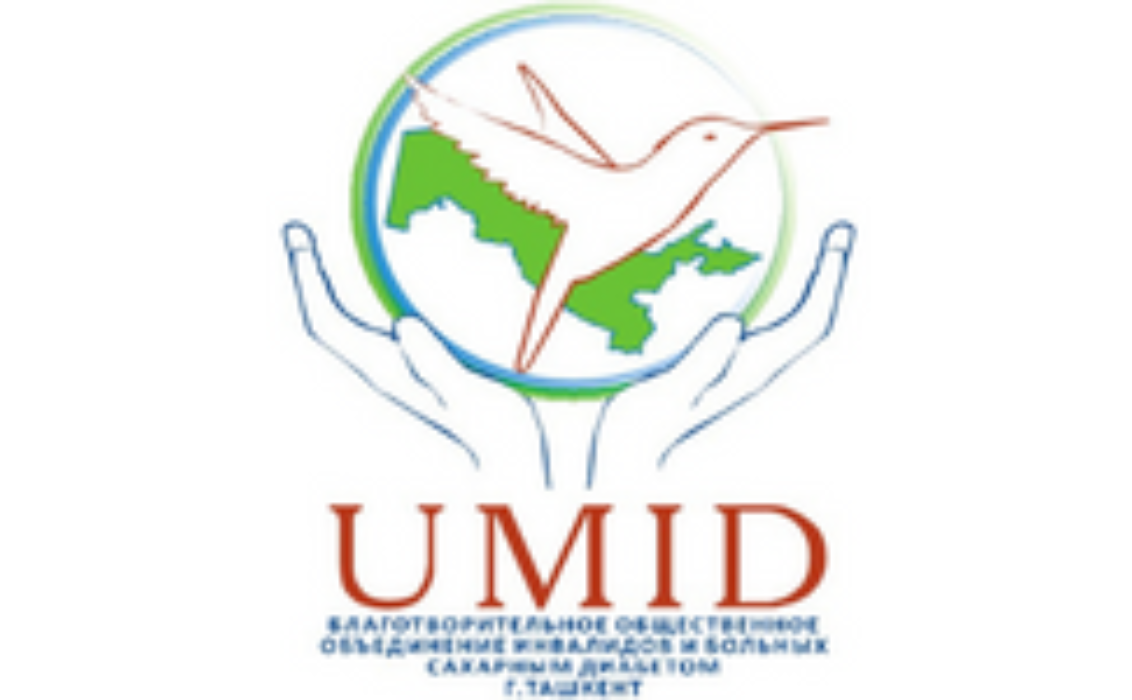On the Centenary of the Discovery of Insulin, we celebrate one of the greatest medical achievements of all time, and the millions of lives that have been saved in the past 100 years.
However, we also take the opportunity of this momentum to raise awareness on the significant progress that still needs to be made to ensure the highest attainable standard of health for people living with diabetes (PwD). Access to insulin and associated supplies, technologies, care and education still remain inaccessible to some, with great inequalities across the world and within countries.
Our member associations play a crucial role in making the needs of PwD more visible and ensuring more accessible diabetes care. They are able to pay special attention to the inequalities in access to diabetes care within their countries because of their knowledge of the local social, economic and environmental factors shaping inequalities.
The work of the Charity Union of Persons with Disabilities and People with Diabetes Mellitus in Uzbekistan (UMID), is a great example of how local associations can be effective in tackling context-specific issues, and calling stakeholders to action on ensuring access to care. Since 2008, the UMID regularly holds various events to ensure the visibility of PwD and their needs, to increase access to diabetes care among the most disadvantaged, and to draw attention on diabetes prevention. Some of these events include: seminars for primary care physicians on early diagnosis of diabetes, diabetes complications, and treatment methods; annual free consultative and diagnostic assistance to 70-80 people living with diabetes from low-income families; charity events for people living with diabetes; annual Global Diabetes Day Walk; conversations on diabetes prevention and healthy lifestyles with the rural population and young people.
Through its Global Diabetes Walks, the organization actively works on drawing the attention of the public, and especially young people, on diabetes prevention, and on the importance of leading a healthy lifestyle. As a result of public involvement, the state and the Ministry of Health in the country have adopted laws on the Protection of Public Health, Healthy Lifestyle, and Youth and Sports. For example, it is now forbidden to smoke in public places and educational institutions, as well as to sell energy drinks and fast food to schools.
Last November, UMID organised a Walk in the Republic of Karakalpakstan, an environmentally unfavourable area of the dried Aral Sea (with very hot summers, strong sandy winds, and very cold winters), which undoubtedly affects the health of the population living in the region, and has an incidence on NCDs, including diabetes. In line with the Centenary of Insulin theme “Access to diabetes care”, the walk aimed at attracting the attention of the authorities in the Republic of Karakalpakstan and the Ministry of Health, to ensure access to insulin, glucose lowering medications, and self-management devices, for people living in the region, with particular attention to children and adolescents with type 1 diabetes, and women with gestational diabetes. On the same day, 70 people living with diabetes, and coming from low-income families in the region, were provided with 70 glucometers and 1 package of test strips (50 pcs) for blood sugar control. Additionally, the organization conducted a series of talks on diabetes prevention with 4,200 people living in remote rural regions of the Republic of Karakalpakstan. During the conversations, the organization tested participants’ blood sugar levels, and conducted a screening to identify people in diabetes risk groups. Participants were then provided with brochures on diabetes prevention and healthy living.
